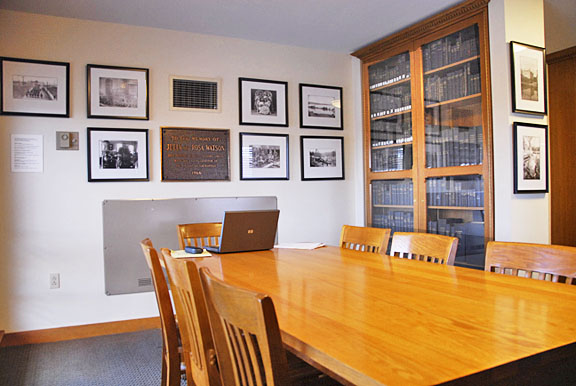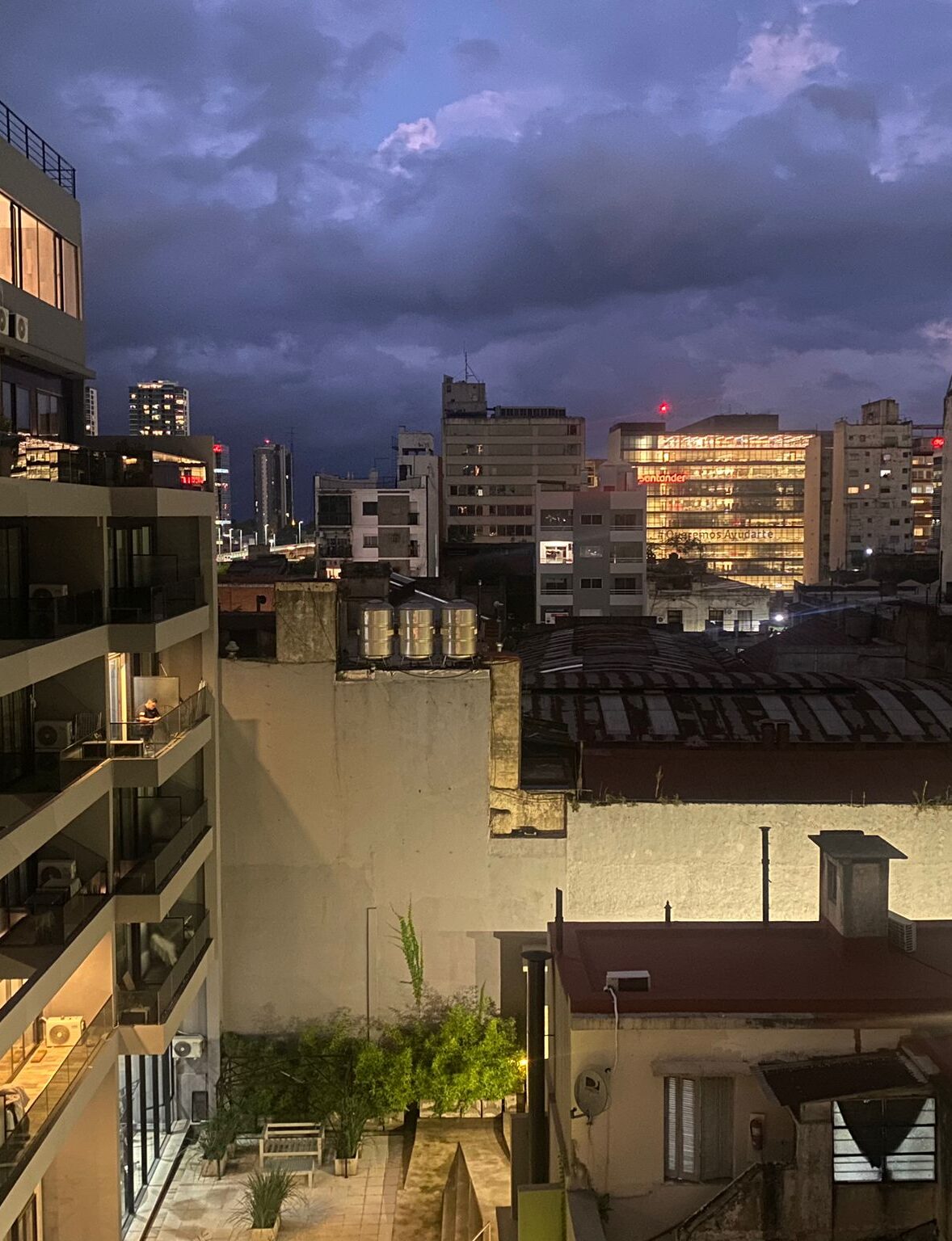
Photo by Jeep Wheat
I write twice a week in the Watson Room at Forbes, the public library in Northampton, Massachusetts. It’s a simple space, dedicated, according to a brass plaque, to the memory of Julia and Rosa Watson, who made generous bequests. There are built-in cabinets with locked glass doors, full of old books, all bound in the same black with gold letters on their spines. Statistics of Coal. Geology for Beginners. Select British Poets, Hazlitt. Don Juan, Byron. Life of Napoleon Bonaparte, Scott, volumes 1, 2 and 3. There are six long, wide windows with green blinds, which look out over the library parking lot. The cars and the people seem vivid but far away.
On Wednesday and Saturday mornings, I write here with anyone else who comes in. After two hours of work, we talk for fifteen minutes about how it went, then a few of us read aloud for five minutes each. Mostly, we write. There are four of us here at the moment, and a coat on a chair where the fifth person would be if he hadn’t gone to work in another part of the library. There are stripes of light on the long, gleaming table.
The room is an ell. People are invisible from my end of the table as they come in the door. There is a sweet clank and a pause in the entry as they take off coats, put down bags. I look at the eyes of anyone new coming into the room as soon as I can see them. I gesture at a chair if it seems that an invitation would be welcome, then go back to work.
The people in the writing room help me stay with it. They keep me off the internet. The intent looks on their faces keep me moving when my novel threatens to trap me in its geological layers of revision. The other writers and I ride the mysteries of effort and habit. We negotiate the space, slide two chairs closer together, shift a notebook, move a cord, make room. That is the business of a moment, the more companionable for the absence of talk.
A droning noise comes out of the heat vent. Someone wears perfume. I lean into the work. Time extends itself toward me. I write again after not writing. I write after making scared mistakes. I write toward entrance (the clank of the door, someone comes in), heat, presence, tenderness, forgiveness, ecstasy. I do something technical. Change the tense. Cut seventeen pages. Writing is worship. Awash in language, I pray.
Oh, writers, be present in the moment of writing. Be the voice, one of the voices. Be a voice.
I needed one minute of something to say from a stage when my work was being honored last spring. The writing room gave me the invocation above. It calls me to work, and to witness the work of others.
I write in more than one place. I do it in every room of my apartment. I write in coffee shops. I write in the cemetery where some of my characters, who were also their own people, are buried. I write, when invited, in a backyard cottage. I write in the home of a friend.
Still, when I write in the library, I am writing in a public space, where many people work very hard to use and honor books. The library lends the books to anyone with a card, and lets us pull them down from the shelves to leaf through the pages. It’s warm here, and there are comfortable places to sit. Anyone can come in. There is art here, music, gatherings of many sorts. There are e-books and computers that can be checked out. There is hot chocolate, tea and coffee in the lobby. There are people reading, bless them, using their minds, eyes, and all to enter worlds that writers have made. There is a spirit of generosity, an atmosphere of reflection and a sense of being in community with others. I can’t imagine any place better in which to grope and strive over time, in company, toward getting a story into words.
Susan Stinson‘s novels are Venus of Chalk (2004), Fat Girl Dances with Rocks(1994) and Martha Moody(1995). Spider In A Tree was published in Fall 2013 by Small Beer Press. Belly Songs, a collection of poetry and lyric essays, was published in 1993.




